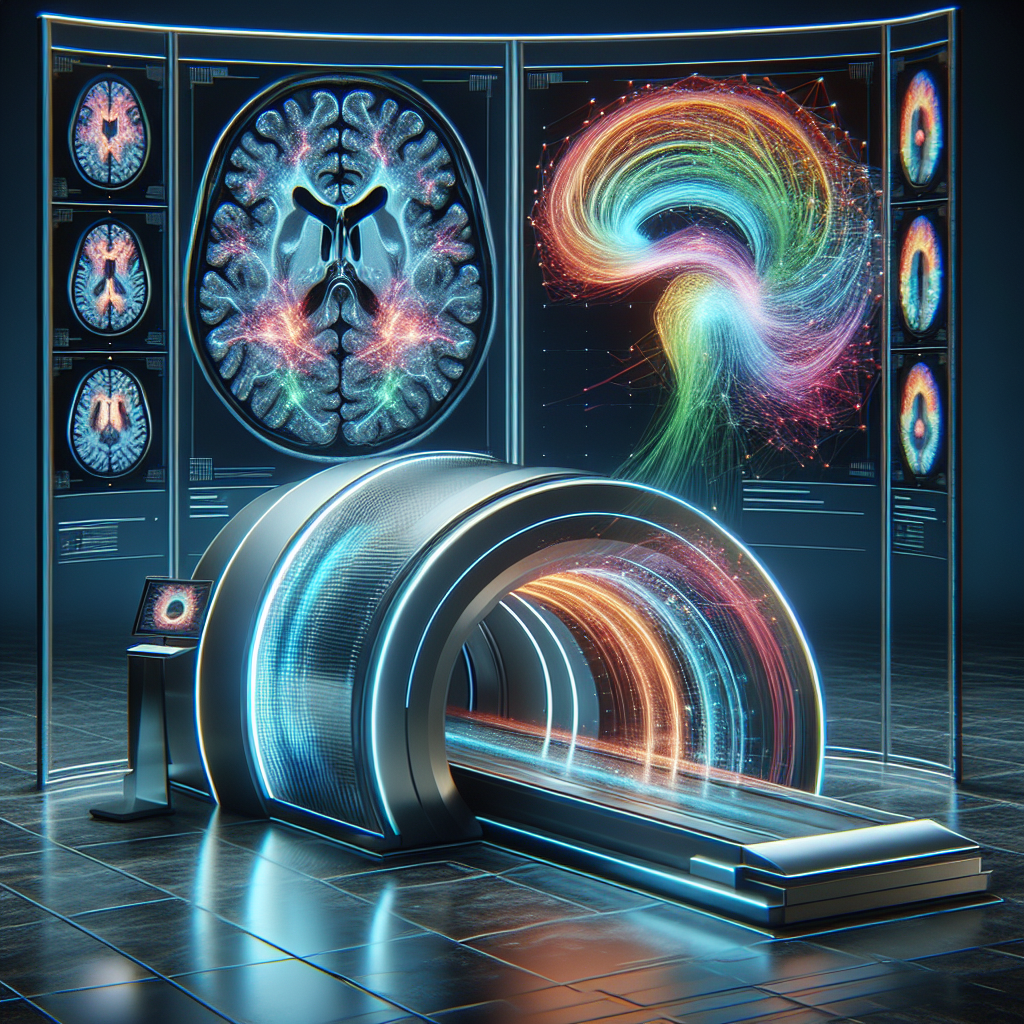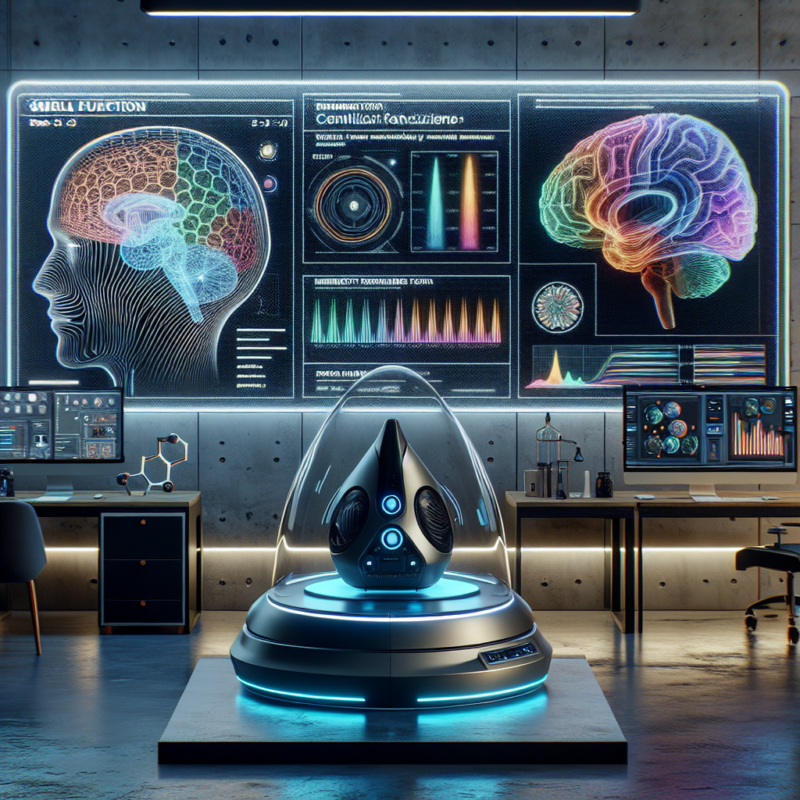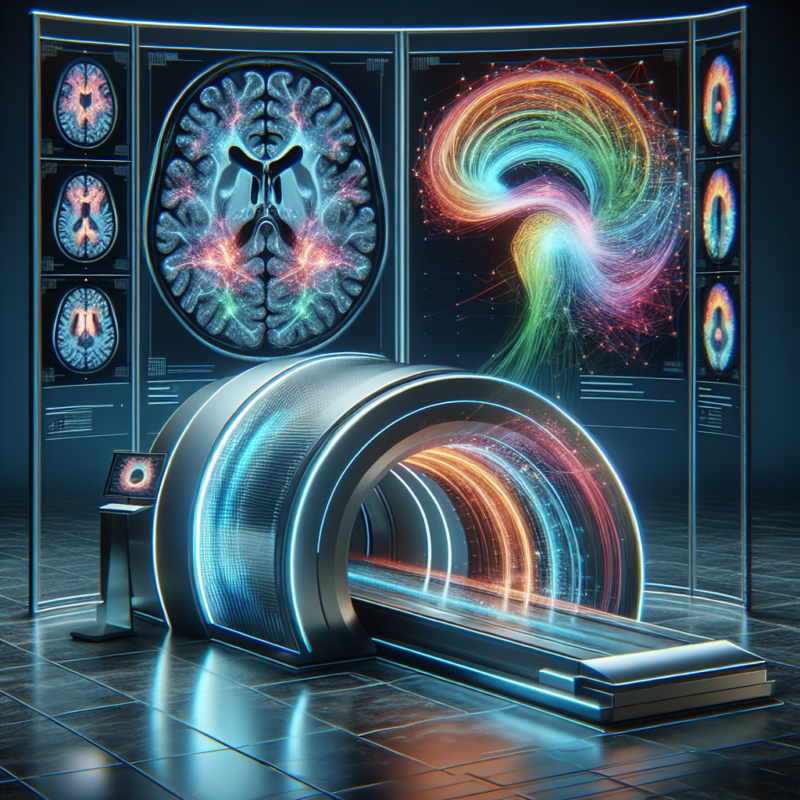“Dive into Brain Patterns Associated with Depression Progression”
Discover how MRI scans reveal dynamic brain patterns associated with depression progression and personalized treatment options for patients.
“
Depression is a widespread mental illness that impacts millions of individuals globally. Despite the prevalence of this condition, there is still a lot to learn about its underlying mechanisms, and conventional treatments do not always yield positive outcomes. Jesper Pilmeyer, a Ph.D. candidate, delved into this complex issue by studying the brains of patients using MRI technology. Through his research, Pilmeyer identified patterns in brain scans that could lead to more precise diagnoses and potentially predict the progression of depression.
Understanding Depression
- Depression affects 1 in 6 people globally
- Various theories exist regarding the causes of depression, including genetic factors and disruptions in serotonin uptake
- Antidepressants may be effective for some individuals but not all
Pilmeyer’s investigation focused on abnormalities within the brains of patients with depression. By scrutinizing numerous MRI scans, he aimed to uncover patterns that could enhance our ability to forecast how the illness evolves. The findings from his research have been documented in the journal Psychiatry Research: Neuroimaging.
Biomarkers for Depression Diagnosis
- MRI technology allows for the measurement of different biological characteristics
- Functional MRI (fMRI) can assess brain activity without the need for harmful X-rays
- Analysis of biomarkers through MRI could lead to more objective and accurate diagnoses of depression
The primary focus of Pilmeyer’s research was to evaluate brain activity. By exploring how distinct brain networks communicate and function, he sought to identify patterns that could shed light on the progression of depression. To gather data from real patients, Pilmeyer conducted a clinical study in collaboration with several institutions. By comparing scans from patients with depression and a healthy control group, he aimed to understand the pathology of the illness and track its development over time.
Insights from Brain Scans
- Activation of one brain network may deactivate another, indicating an anti-correlation
- Dynamic communication patterns between brain networks can offer valuable insights into the progression of depression
- These dynamic patterns may be more predictive of the illness’s development than static patterns
Although further validation is needed through larger studies, the initial results of Pilmeyer’s research are promising. By utilizing MRI scans to identify patterns associated with depression, there is potential for a deeper understanding of the illness. Pilmeyer emphasizes that different subgroups of patients exist within the realm of depression, and tailored treatments based on brain measurements could be a future possibility.
In conclusion, while MRI scans alone may not provide all the answers needed for diagnosing and treating depression, they offer valuable information that can contribute to a more comprehensive understanding of the illness. By incorporating brain scans into the diagnostic process, we may ultimately enhance treatment outcomes and improve the lives of countless individuals struggling with depression.
Published on: 2025-03-31 21:04:00 | Author:
🔗 You may also like: More posts in Psychology & Psychiatry










